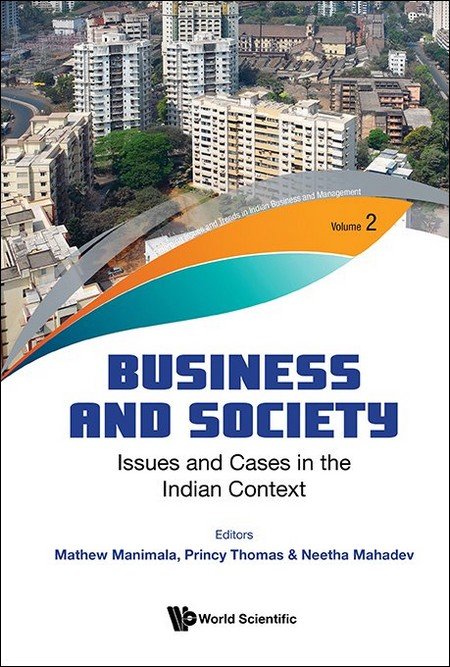Chapter 13: Mawlynnong: A Community-Based Ecotourism Model
The changing consumption patterns and sustainability considerations of tourists encouraged ecotourism across the globe. But without the appropriate management and planning systems, tourism in ecologically sensitive areas could threaten the harmony of ecosystems and local cultures. Tourism projects/models that stress local community ownership and control can maximize environmental and fiscal benefits and empower the community through tourism practices. Mawlynnong, nicknamed as “God’s Own Garden,” is a village in the East Khasi Hills of Meghalaya acclaimed as the “Cleanest village in Asia” by Discover India in 2003. This case study contributes to the understanding of community practices for the development of tourism within the social and cultural milieu. Participant observation, interviews and secondary sources are used for this study. The results show that cleanliness, aesthetic beauty, matrilineal societal system, empowered women and girls, education, heritage, local community-tourist engagement and basic infrastructure paved the way to a viable tourism development of the society. This sustainable model explores how a holistic and participatory process can bring substantial changes in local communities by creating livelihood, maintaining the natural environment, spreading the message of protection and conservation of the ecosystem, stabilizing local economies and increasing community control.


